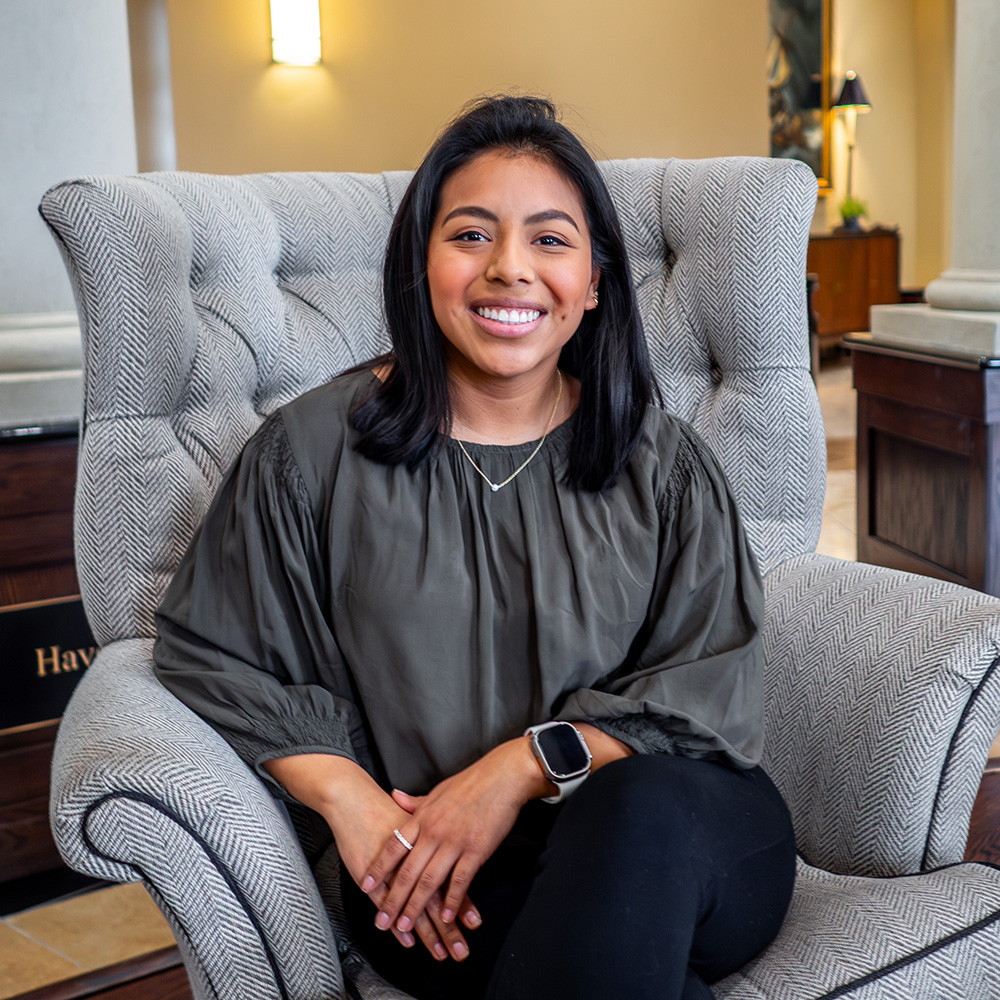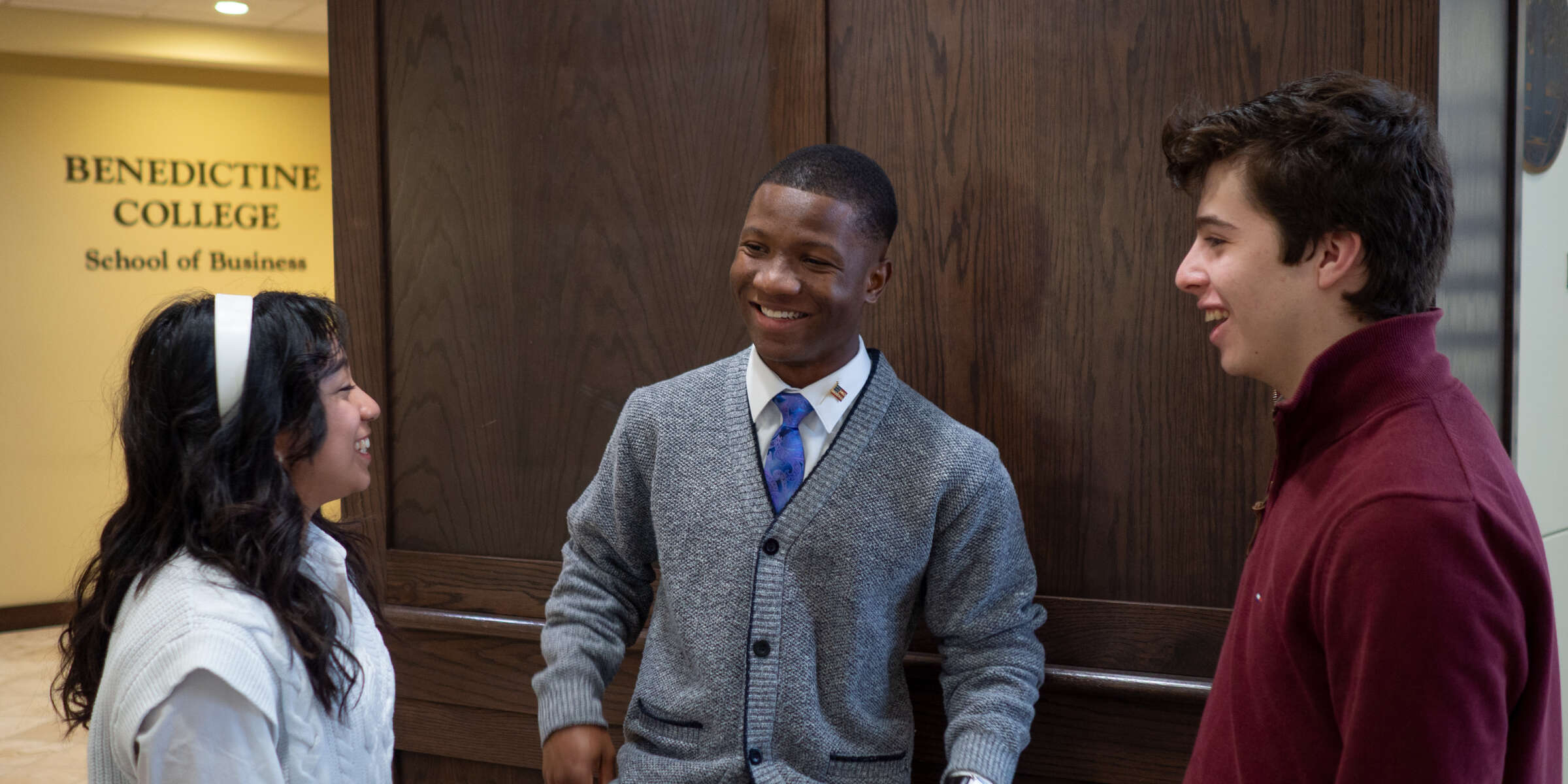The Freedom Fellows program prepares students to create a more humane and just world for the equal dignity of persons by reflecting on high standards of faith, leadership, and community service to create knowledgeable and principled students.
Given the Freedom Fellows program focus on understanding social/cultural dynamics and service to others, preference shall be given to students with a demonstrated academic, social, and personal commitment to those impacted by low-socioeconomic status or involvement in their school, community, or churches.
This program takes into consideration financial standing of students and aims to offer opportunities to those who otherwise would not be able to attend Benedictine College.
Watch this video to learn more about the Freedom Fellows:
Join Our Summer Intensive – July 6-11, 2026
Want to see what life on campus as a Freedom Fellow is like? At no cost, join our weeklong Freedom Fellows Summer Intensive from July 6-11, 2026.
Benefits of Becoming a Freedom Fellow

Students named Freedom Fellows attend Benedictine College with a full-tuition scholarship and enter college with a class of six additional fellows in their cohort. Fellows develop friendships with each other, making the integration process to collegiate life easier. Fellows benefit from access to the Program Directors, who act as mentors and are heavily invested in each Fellow’s success.
Having a built-in cohort and mentors will allow Fellows to transition more confidently. Fellows have greater access to high-impact practices like capstone projects, collaborative assignments, diverse learning, learning communities, service learning, and undergrad research, which help students persist at Benedictine.
With upperclassmen leading the way, Fellows in the program support and encourage each other as they overcome the challenges of collegiate life and work to integrate into Benedictine’s culture and community.
Development
- Internship opportunities
- Opportunities to mentor and be mentored
- Alumni engagement
- Attending conferences
- Development of public speaking and writing skills



